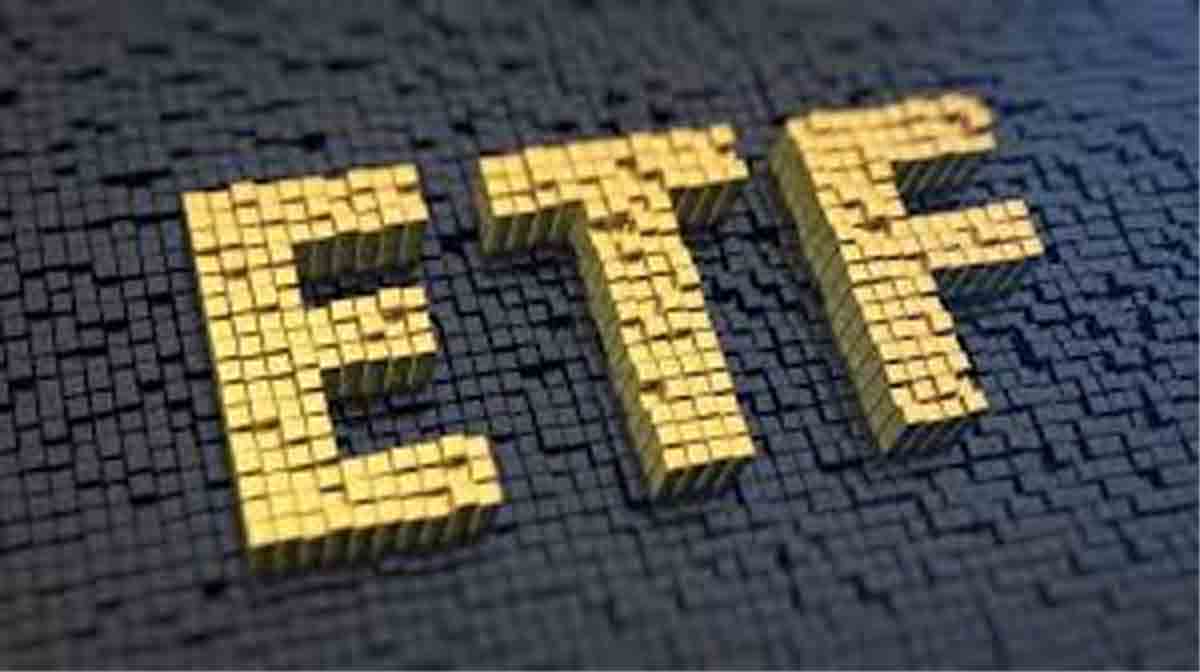NEW DELHI, Dec 25: Gold exchange-traded funds (ETFs) continue to lose steam, with investors pulling out Rs 280 crore during the April-November period of the current fiscal, preferring to invest in equities despite volatile markets.
In comparison, 14 gold-linked ETFs had witnessed a withdrawal of Rs 511 crore in the first eight months of 2017-18, the latest data from industry body Amfi showed.
The outflow razed the assets under management (AUMs) of gold funds by 11 per cent to Rs 4,385 crore at the end of November, from Rs 4,922 crore a year ago.
Gold ETF trading has been tepid during the past five financial years. It saw an outflow of Rs 835 crore in 2017-18, Rs 775 crore in 2016-17, Rs 903 crore in 2015-16, Rs 1,475 crore in 2014-15 and Rs 2,293 crore in 2013-14.
However, the segment had witnessed an infusion of Rs 1,414 crore in 2012-13.
Industry experts said positive returns given by the equity market have resulted in Indian investors largely staying away from investing in gold ETFs. In fact, redemptions have been seen in the past five years.
They said Indian investors have traditionally preferred to hold gold in physical form, rather than ETFs which are actually a better form of holding from an investor’s perspective. Ideally, investors should look to allocate 5-10 per cent of the portfolio towards gold, which works as a portfolio hedge and helps reduce overall portfolio volatility.
Gold ETFs are passive investment instruments that are based on price movements and investments in the metal.
On the other hand, equity and Equity-Linked Savings Scheme (ELSS) saw an infusion of over Rs 82,200 crore in the April-November period of the ongoing fiscal (2018-19) despite volatile equity markets.
“Equity as an asset class has delivered tax-efficient returns, which has beaten inflation albeit with volatility in the short term,” Kotak Mahindra Asset Management Company National Head (Sales and Distribution Alliances) Manish Mehta said.
Overall, mutual fund schemes witnessed a net inflow of Rs 2.23 lakh crore in April-November period of the current fiscal. (PTI)


